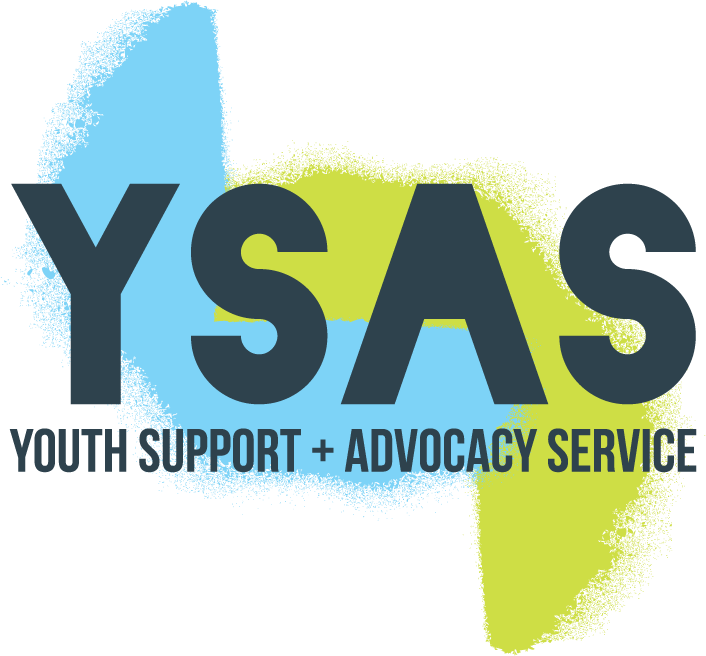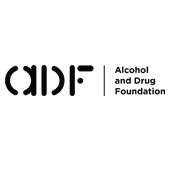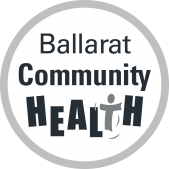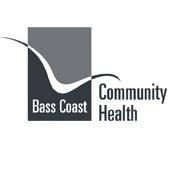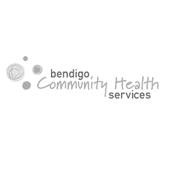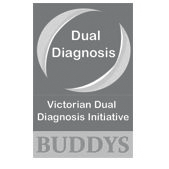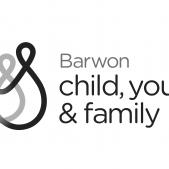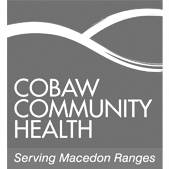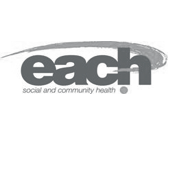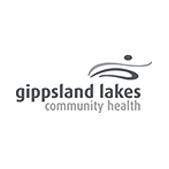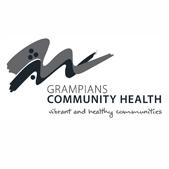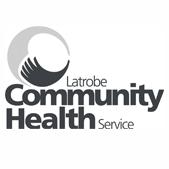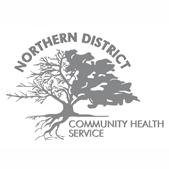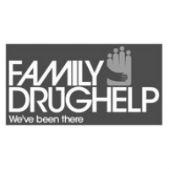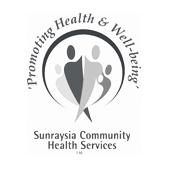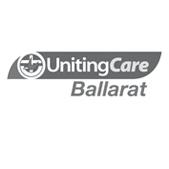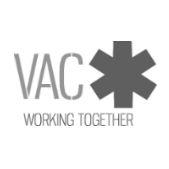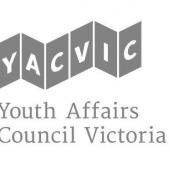Has a problem, Needs a service
What you’ll be asked when seeking help
Youth Drug and Alcohol services receive referrals from families all the time. Understanding what will happen when you ring a service can make it an easier experience for families and carers.
Making a referral doesn’t always mean a service will immediately begin working with a young person. When you first contact a service they usually gather some information to find out whether or not what they offer is what a young person requires. If it is not, you should still expect to be supported to access the most appropriate service.
If it’s likely a young person requires specialist support, most agencies will assess a young person to find out the nature of the issues they are facing and the strengths and capabilities they have. This helps make decisions about the best type of support for a young person.
In most cases a service will require information directly from the young person and (for appropriate reasons) may even do this without you. (Even if you made the original referral). Regardless, any information you can provide is still useful.
The first thing you are likely to be asked is whether or not the young person is aware you are making the referral or if they want help and support from a service. You’ll also be asked what you know about a young person’s drug use.
- What drugs are they using?
- How often?
- Why do you believe they have a problem?
- Would the young person say they have a problem?
- Have they had support before?
Understanding as much as possible about this will help a service understand how severe a young person’s use is and help predict the type and level of support a young person may require.
In addition a service will also ask you about other issues in a young person’s life such as
- Is your family experiencing any issues?
- Are their any mental health concerns for the young person?
- Is the young person at school or work?
- Are there any other behavioural concerns?
This type of information is asked because drug problems are often intertwined with other areas of a young person’s life and this type of info is also helpful in understanding how support should be delivered.
It is unlikely you will know everything you are asked but the more information you can provide the easier it will be to get the right support for a young person.




